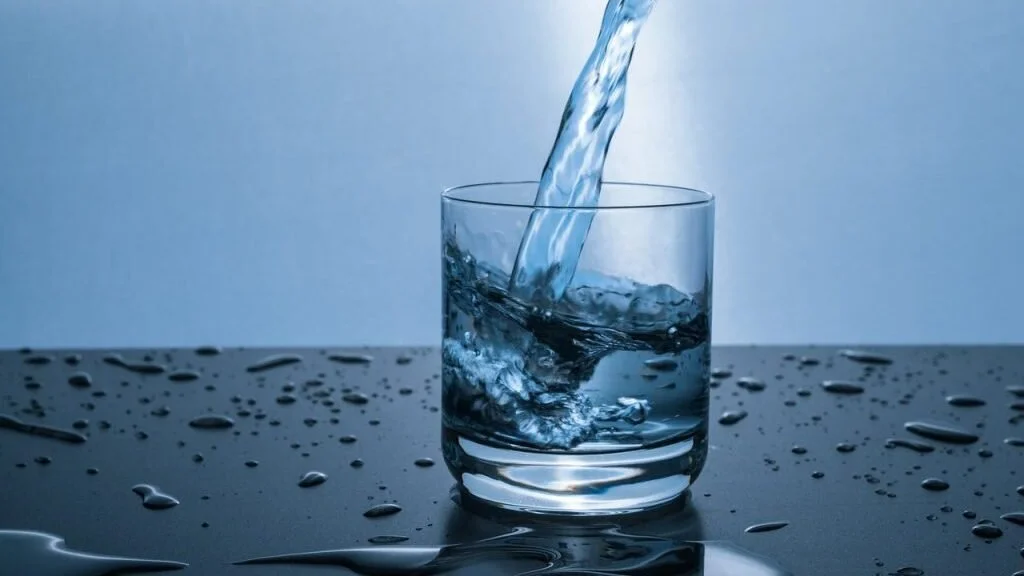Canada is set to make another “giant leap for mankind.” For the first time in history, a Canadian rover will be sent to the moon to help in the international search for water ice, a key component needed for the future of human space exploration. According to the Canadian Space Agency (CSA), the rover is the outcome of decades of building and refining Canadian expertise in rover technology.
Knowledge Basket shares database of Indigenous information to care for lands and water
The Conservation through Reconciliation Partnership has officially launched a new initiative titled the Knowledge Basket. It will provide resources to communities and officials involved with Indigenous Protected and Conserved Areas (IPCAs). These are lands and waters where Indigenous governments have the primary role in protecting and conserving ecosystems. “Indigenous governments are at the forefront of protecting the largest, healthiest and most biodiverse areas across Canada,” said Steven Nitah, a core member of the Indigenous Circle of experts who helped develop the Knowledge Basket database.
Globe Climate: The climate change election is coming
Good afternoon, and welcome to Globe Climate, a newsletter about climate change, environment and resources in Canada. Just like animals and humans, plants need water to survive. Plants get the water they need from their roots. Root systems are designed to go deep into the soil and absorb water and nutrients. As the kids go back to school, we can make sure the environment is on their mind at home too. For this kids’ activity, let them investigate: How does water move up a plant?
Feds didn't supply enough resources to end water advisories on First Nations: auditor
“We are very concerned, and honestly, disheartened that this long-standing issue is still not resolved,” Horgan told a news conference in Ottawa. Indigenous Services Canada won’t meet its commitment to eliminate all long-term drinking water advisories by the end of March, something the government admitted late last fall. Hogan also noted the government has not created a regulatory regime for managing drinking water in First Nations communities. “Access to safe drinking water is a basic human necessity,” she said. “I don’t believe anyone would say that this is in any way an acceptable situation in Canada in 2021.”
Ontario should stop playing 'jurisdictional ping pong' with First Nations' water crisis, says NDP MPP
The NDP MPP for the region with the longest-running boil water advisories of any First Nations in Canada is demanding the Ontario government become part of the solution. Sol Mamakwa, who represents the riding of Kiiwetinoong in northwestern Ontario, said the provincial government could do more to help alleviate the suffering of communities on long-term drinking water advisories.
Torry: Time to fix water infrastructure in Indigenous communities
In response to the COVID-19 pandemic, the federal and provincial governments across Canada are looking for ways to manage any economic hardship. Part of their assorted strategies has been to build new, or repair, existing infrastructure. The federal government now has an opportunity to stimulate the economy, while correcting a heinous historical injustice. It’s time to build the required infrastructure to provide all Indigenous communities in Canada with clean drinking water and reliable sewer systems.
First Nations-led water authority signs agreement with federal government
Atlantic region First Nations Chiefs and Indigenous Services Canada (ISC) have signed a framework agreement on a ground-breaking water utility that will oversee the drinking water and wastewater operations for over half of the First Nations population in the region. The agreement will transfer control and management of water and wastewater services for 15 Mi'kmaw and Wolastoqey communities from ISC to a single First Nations-led organization, and comes with a $2.5 million federal investment to get the water authority started on recruitment, training of staff and other operational costs.
Sask. researcher says provincially-encouraged oil, gas extraction method could put groundwater at risk
A University of Saskatchewan researcher says a form of oil extraction being encouraged by the Saskatchewan government needs more research and monitoring to avoid potential long-term contamination of drinking water in the province.
Grant Ferguson said his research suggests "waterflooding," a conventional form of oil extraction, could become a bigger problem for Saskatchewan than the more controversial practice known as fracking.









